1921. The America vs. Europe thing, again
Tyler Cowen discusses the long-term economic advantages of America over Europe, focusing on innovation, tech growth, and demographic challenges facing Europe.
your daily dose of economic commentary
Tyler Cowen discusses the long-term economic advantages of America over Europe, focusing on innovation, tech growth, and demographic challenges facing Europe.

The discussion explores reasons behind the stock market's resilience despite political tensions, focusing on the insights of the individual who coined TACO.
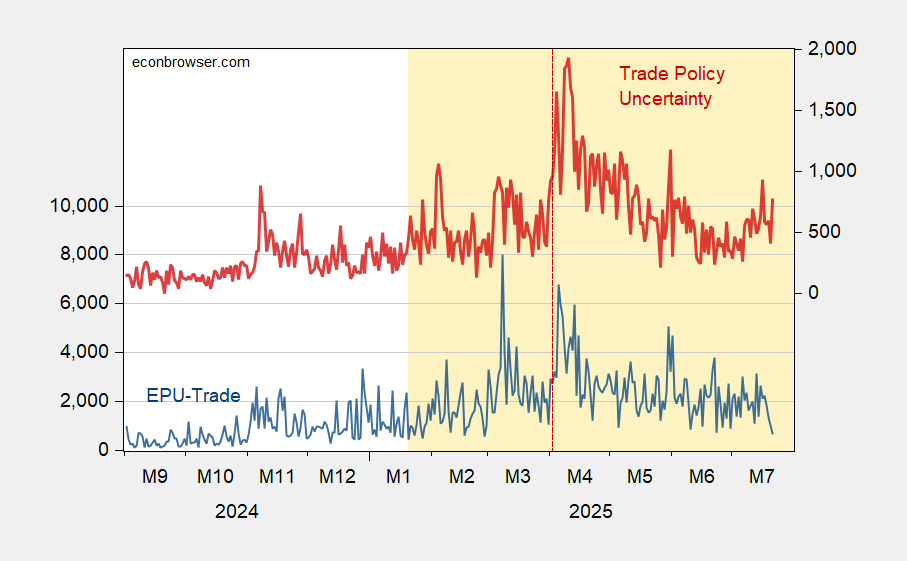
Menzie Chinn discusses trade policy uncertainty measures and their implications, highlighting data and graphical analyses to illustrate current economic conditions.

The Associated Press reports on the recall of over 5 million pools in the U.S. and Canada following nine reported drowning deaths.
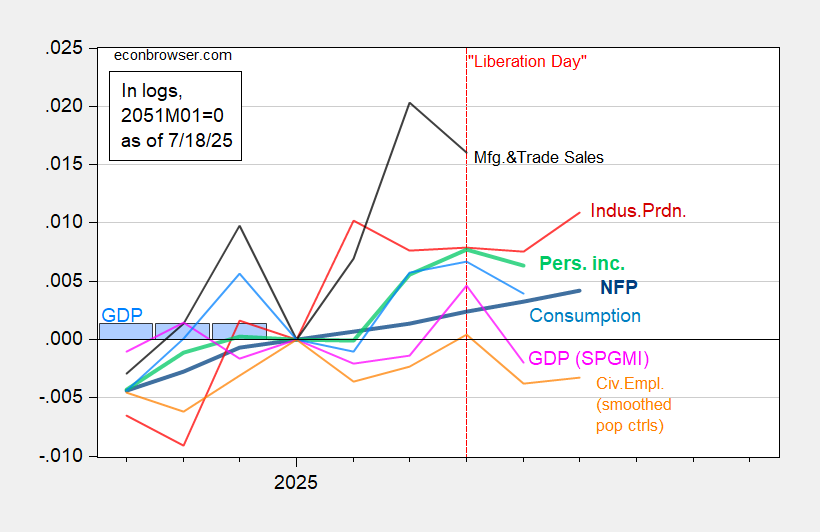
Menzie Chinn critiques EJ Antoni's optimistic view on Trump's economy, highlighting discrepancies in economic indicators and consumer sentiment.
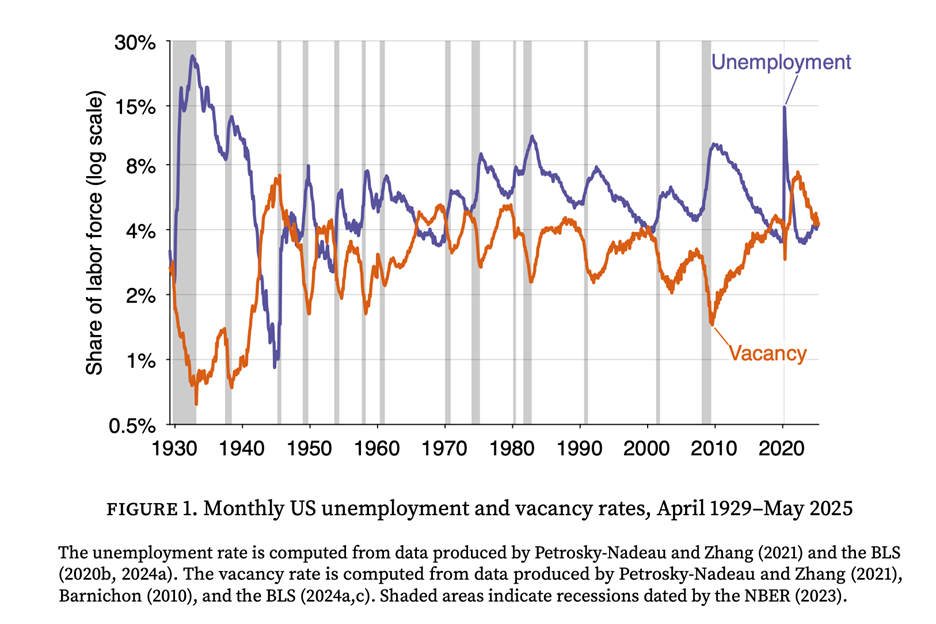
An argument that a new algorithm improves recession detection by analyzing labor market data, offering timely insights for policymakers and businesses amid economic uncertainty.
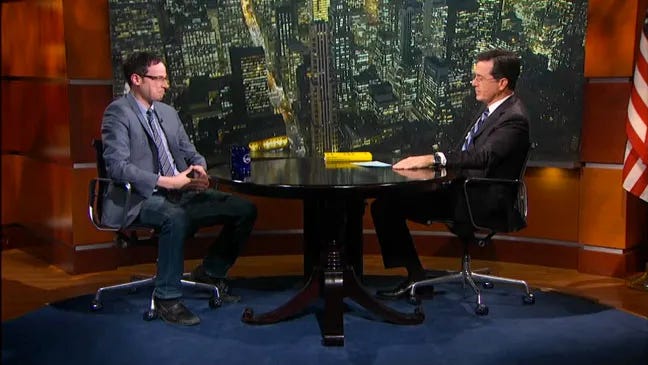
The post explores theories behind the cancellation of a popular late-night show, linking it to political pressures and financial considerations amid corporate mergers.

An argument that explores whether a constitution can effectively limit state power, contrasting views of Buchanan and de Jasay on the feasibility of social contracts and democratic constraints.

Market conditions for apartments tightened in Q2, with improved borrowing conditions and stable occupancy, despite low rent growth in certain regions and ongoing economic uncertainty.

Jadrian Wooten discusses how the evolution of sandwiches over the past century reflects broader economic growth and advancements in food production and accessibility.
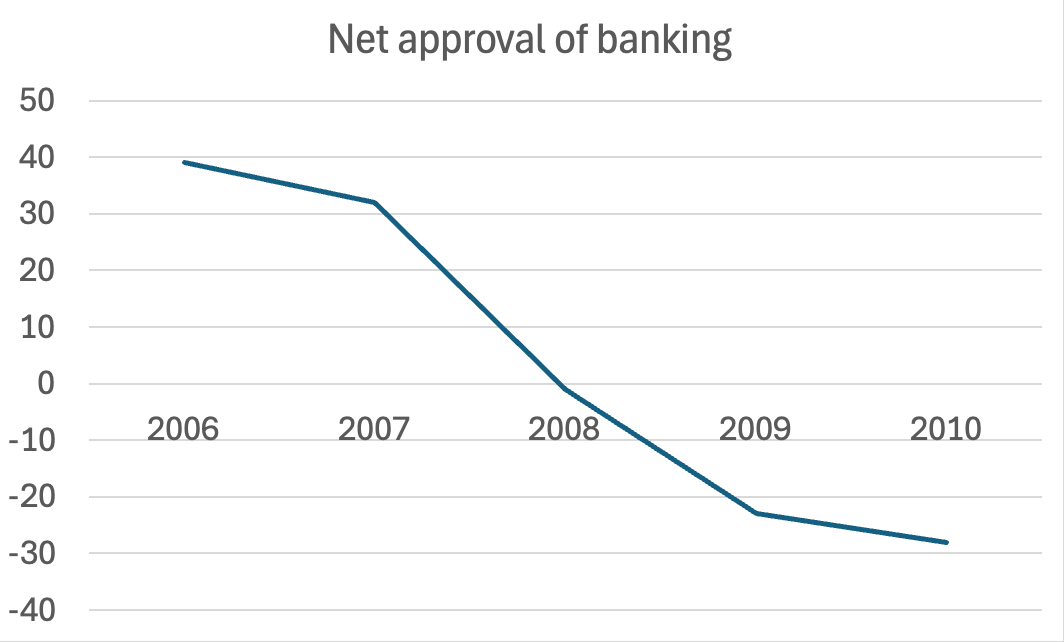
Paul Krugman discusses the shift of Silicon Valley billionaires towards anti-democratic sentiments and their reaction to regulation, drawing parallels with Wall Street's past behavior.

Bill McBride discusses Goldman's housing outlook, highlighting the impact of high mortgage rates on home sales and construction trends.

Bill McBride discusses the recent trends in single-family housing inventory, noting increases compared to previous weeks and years.

An argument that proposed tariffs on Brazilian goods will significantly impact U.S. coffee prices and the industry.
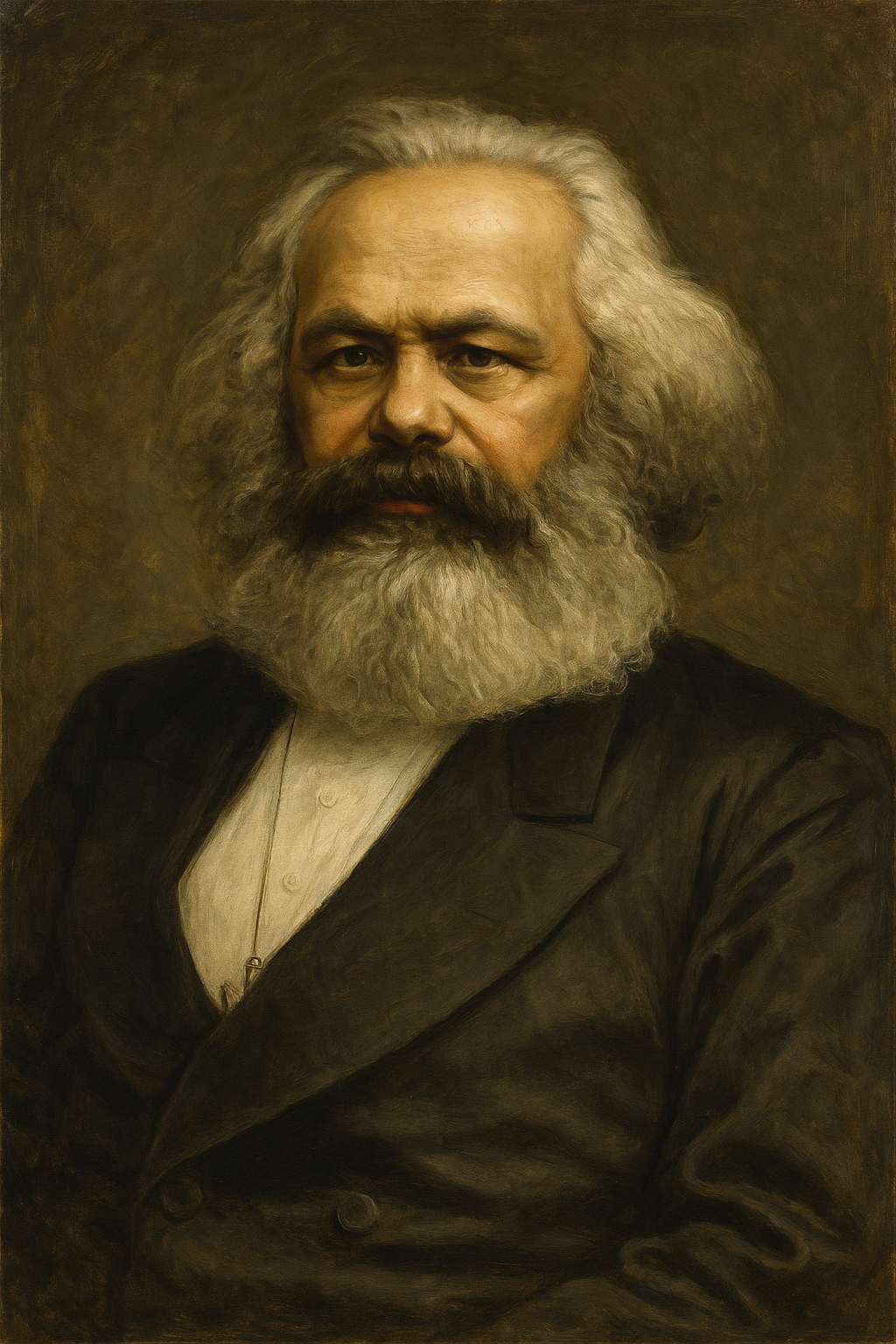
The post discusses recent readings covering state spending increases, tobacco harm reduction, and historical perspectives on free speech and censorship.
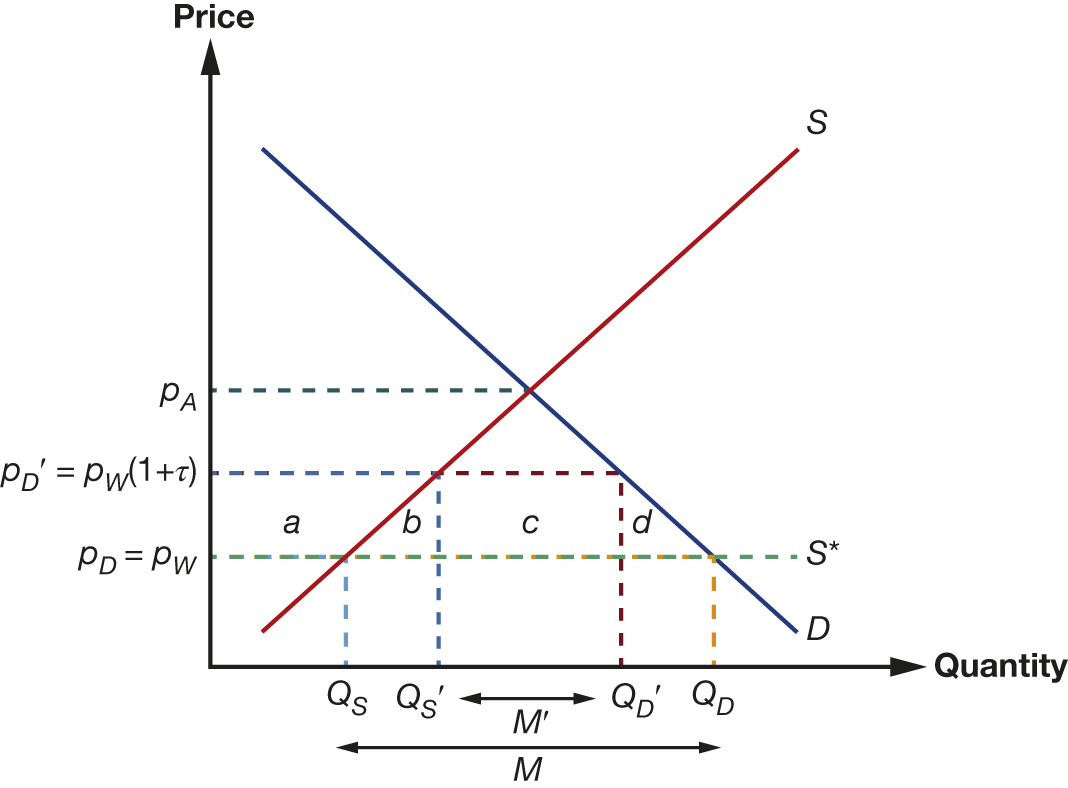
An argument that the CEA's analysis of imported versus domestic goods prices overlooks the impact of tariffs and domestic competition on final prices.
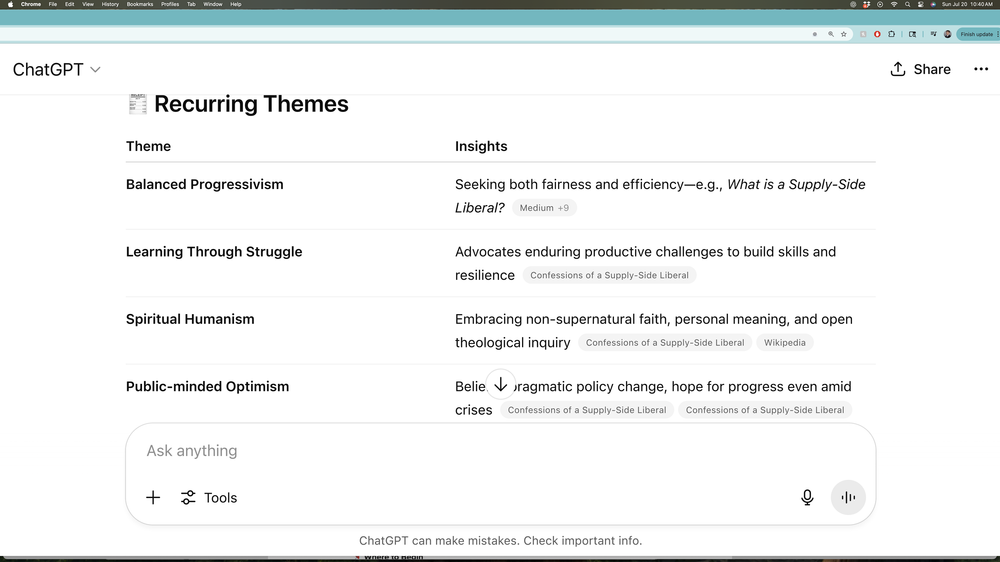
Miles Kimball reflects on how ChatGPT describes him, highlighting its accuracy and the evolution of AI-generated profiles over time.

Jon Murphy discusses the economic consequences of tariffs, focusing on their protective effect and how they hinder productivity in domestic industries.

An argument that tariffs are not being passed on due to falling import prices, highlighting discrepancies in data interpretation and awaiting further economic declarations.
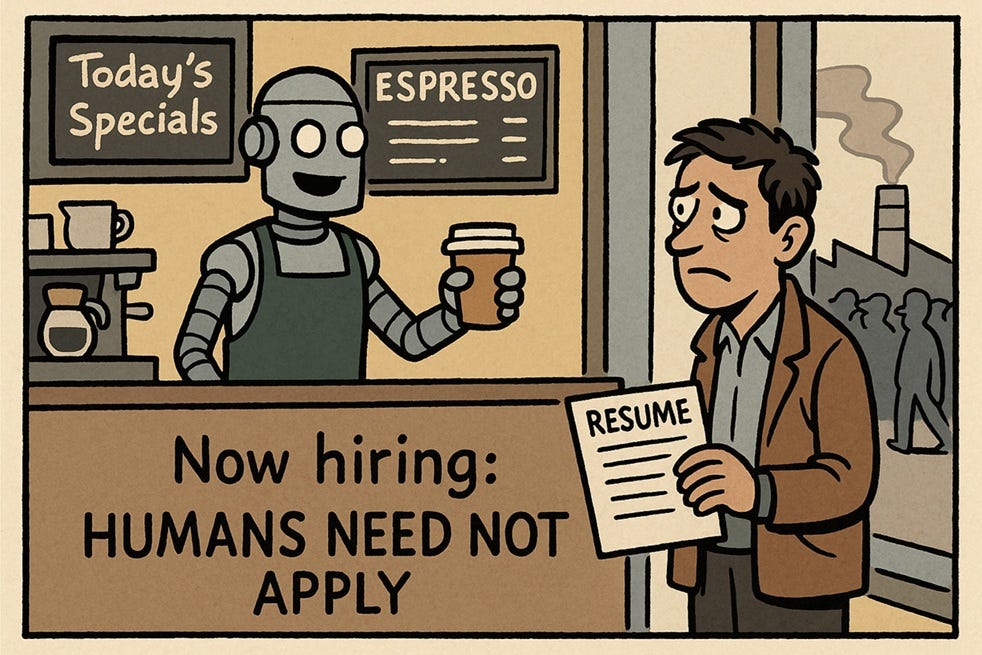
An argument that widespread pessimism about AI's economic impact is unfounded, as evidence shows it has not yet harmed job markets or productivity significantly.